Honda will cease production of the Clarity, its hydrogen fuel cell (FCEV) car, because of low sales, according to Japanese publication Nikkei. It will also end production of the Legend and Odyssey MPV.
The Clarity was the Japanese firm’s first FCEV model when it was launched six years ago and the car’s plug-in hybrid variant will also be discontinued as the battery-electric version was in 2020. It is believed Honda will now focus on its upcoming electric models and has not ruled out hydrogen technology in the future.
The Clarity was a lease-only vehicle and it is believed a poor hydrogen refuelling infrastructure and a high asking price of around £50,500 contributed to slow demand for the model.
The car was never officially on sale in the UK, although six initial vehicles were sent to Europe to increase awareness and show the capabilities of fuel cell vehicles. Only two FCEV cars are on sale in the UK: the Toyota Mirai and Hyundai Nexo.
Honda has also discontinued two other models following slow sales. The high-end Legend saloon, which featured self-driving technology and dates back to 1985, and the Odyssey, which first hit roads in 1994, will both cease production despite recent product refreshes.
The Clarity, Legend and Odyssey were all constructed at Honda’s Sayama plant, which is set to close at the end of March 2022.
Honda formed a partnership with General Motors in 2013 to develop fuel cell vehicles. This partnership will continue, and the Japanese firm will consider future hydrogen models, Nikkei Asia reports.
READ MORE
Land Rover to begin hydrogen Defender trials later this year

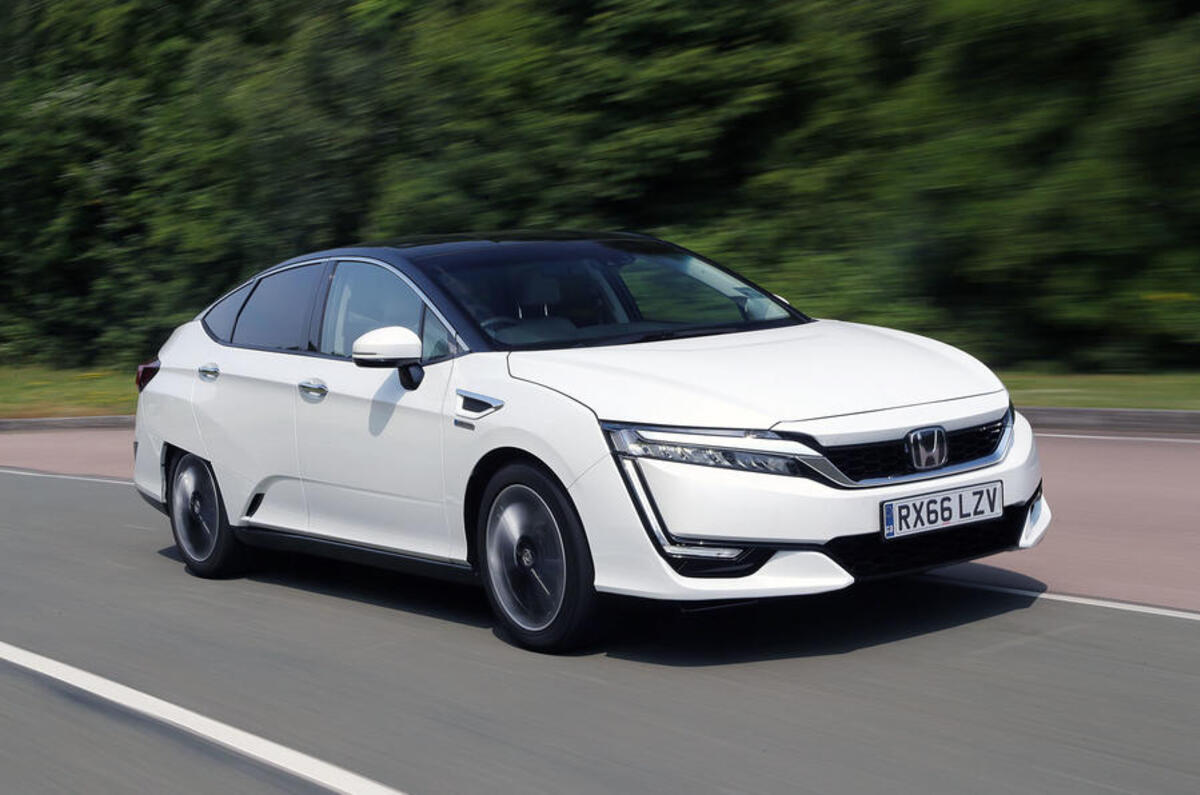
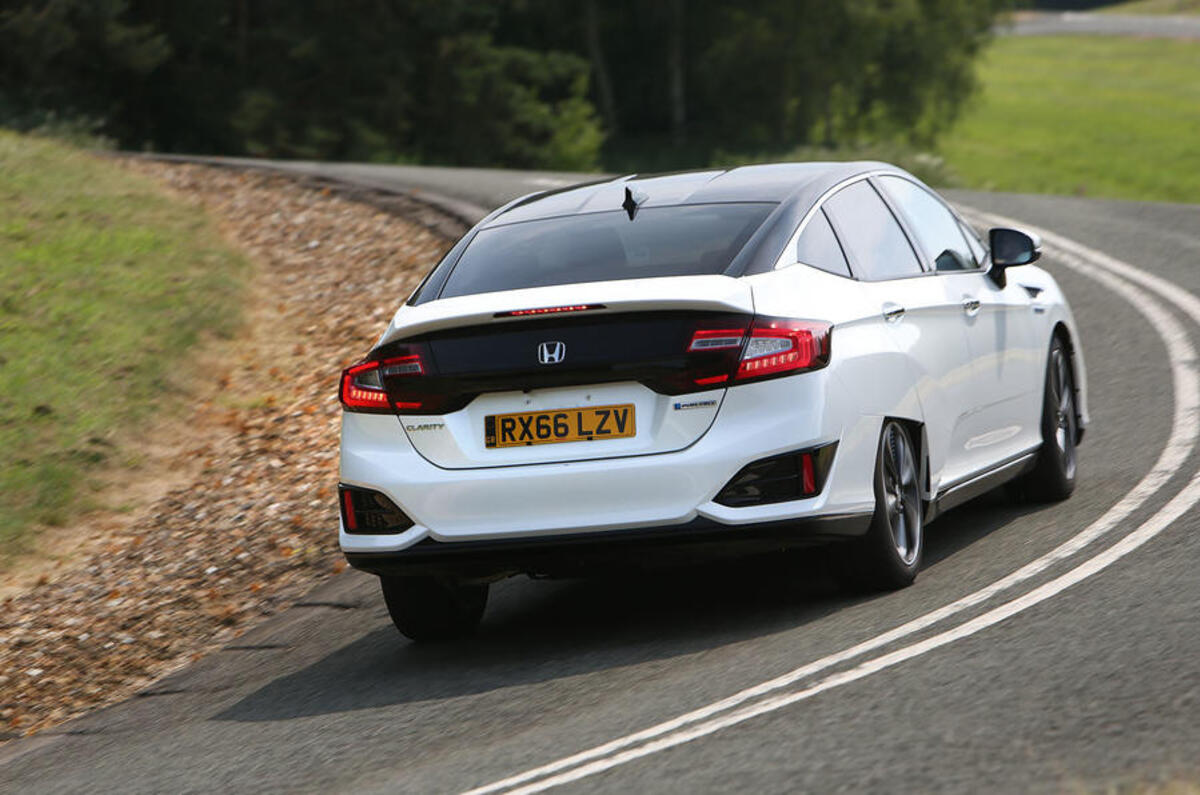
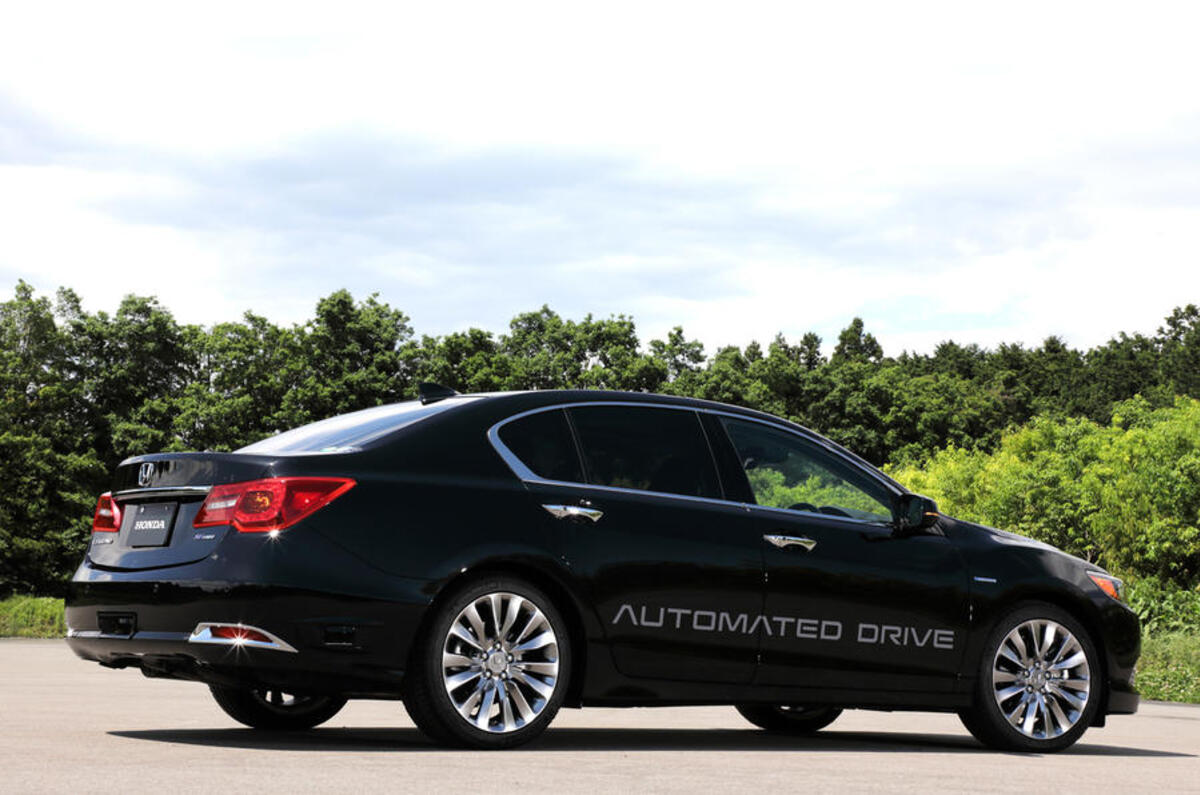
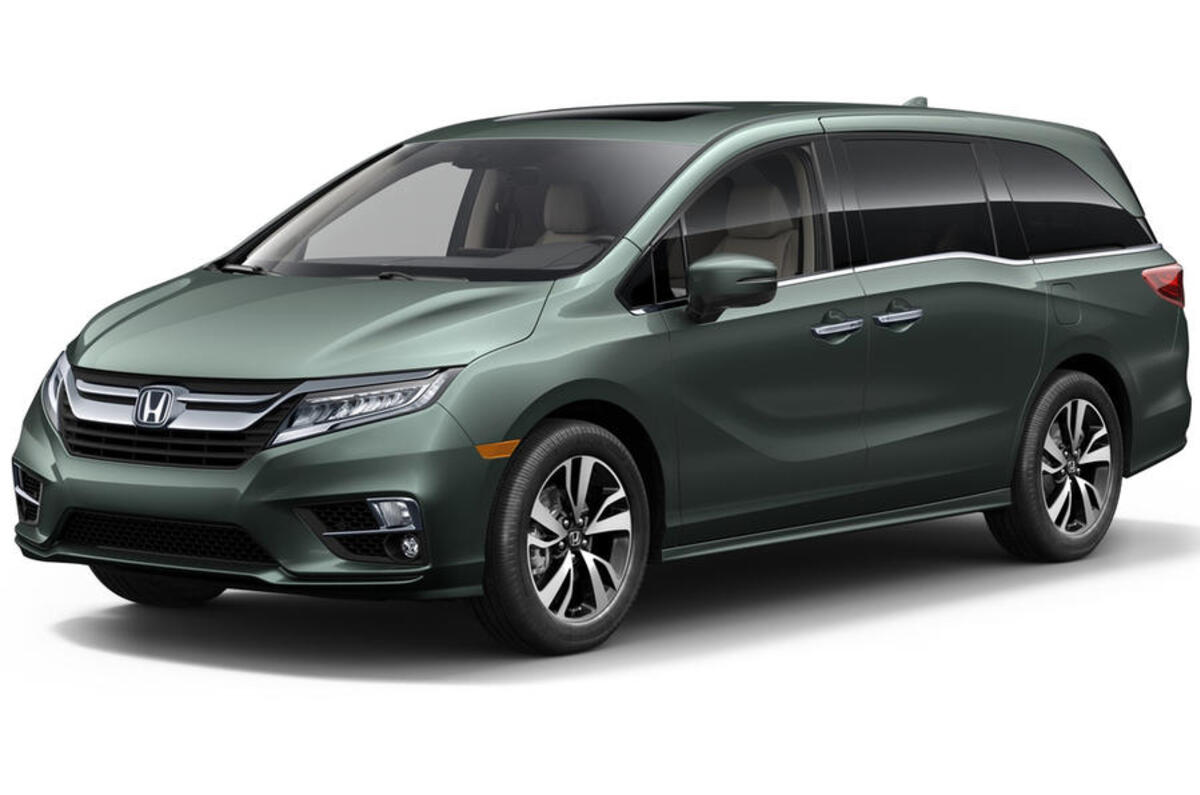
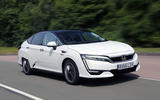
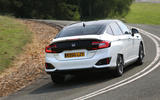
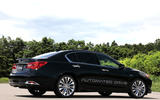
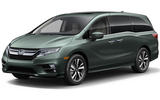


Join the debate
Add your comment
It takes 3x the energy to move a Fuel Cell vehicle over a certain distance, compared to moving a battery electric vehicle. So it’s hard to see how they can ever compete with BEVs, especially in light vehicles where the weight of batteries is lower.
@stevie, they pulled it because of non existant demand, nothing to do with factorory closures, it says so in the article. They pay the tech lip service, nothing more, why throw more good money after bad money.
@xxxx the factory also builds two other cars that are being pulled. I wonder if that factory wasn't being closed if this would still be cancelled too. Very little infrustructure is a massive part of the story. Having few places to fill up means that it puts off many potential buyers. And they haven't stopped investing in hydrogen, just the building of a commercially made car. They could make another in the future, and I hope they do.